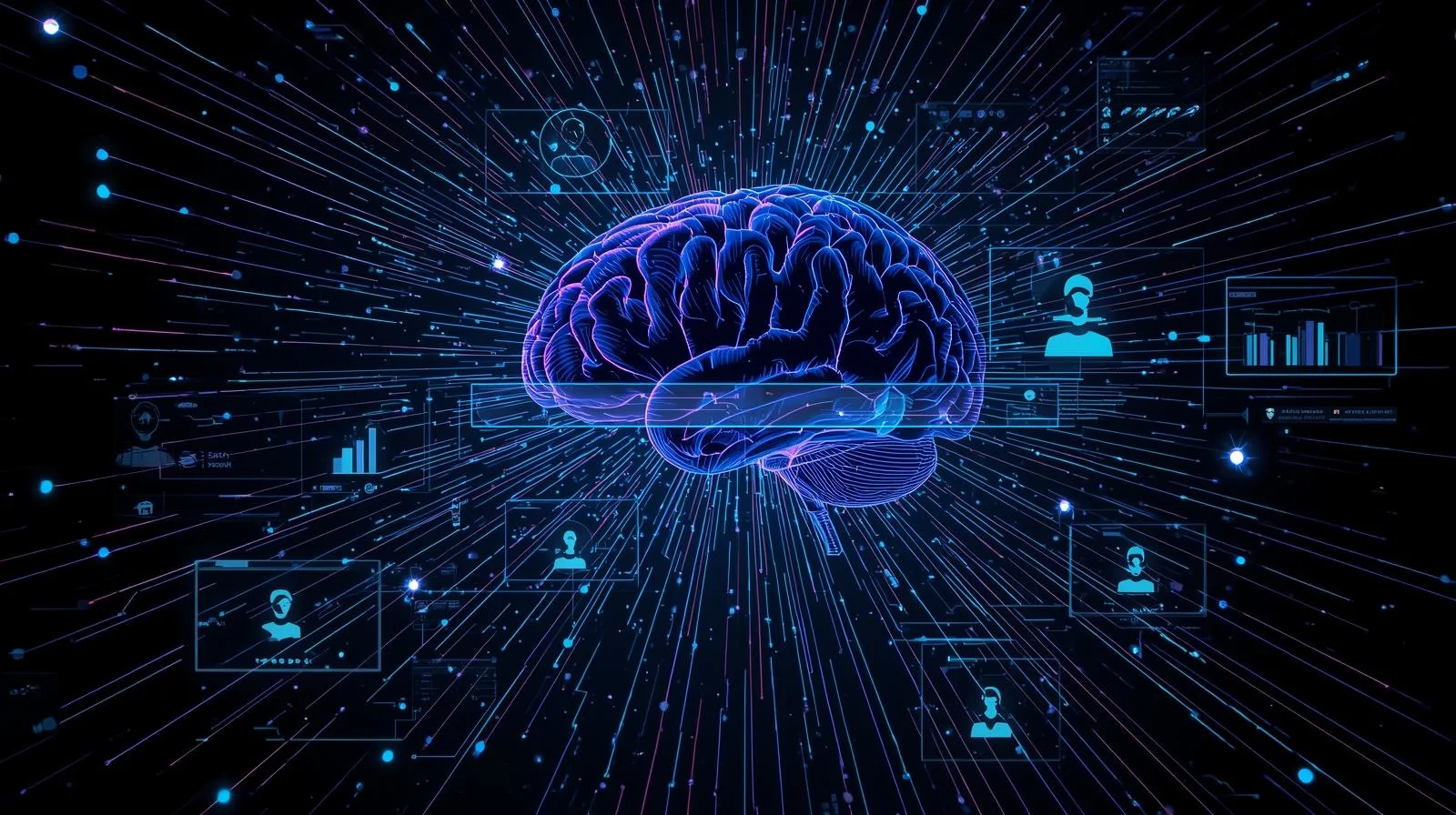By: Vishnu Raveendran | Published: October 10, 2025
1. Introduction: A New Era of Search Has Begun
The world of search engine optimization is undergoing its most dramatic transformation in decades. With the rise of AI-powered search engines like Google Gemini and ChatGPT Search, the traditional “type and click” model of search is rapidly evolving into an intelligent, conversational experience.
In 2025, SEO is no longer just about keywords and backlinks — it’s about intent, relevance, and user experience. AI understands context, answers directly, and even anticipates what users might need next.
Let’s explore how this new AI-driven landscape is reshaping the future of SEO — and what marketers can do to stay ahead.
2. The Rise of AI-Powered Search Engines
For years, Google dominated search with algorithmic updates like Panda, Penguin, and BERT. But in 2025, we’ve entered the Gemini and ChatGPT era, where large language models (LLMs) power search results with conversational intelligence.
- Google Gemini: Integrates generative AI with live search, offering dynamic summaries and predictive context.
- ChatGPT Search: Delivers direct, dialogue-based answers that feel like chatting with a knowledgeable assistant.
According to Search Engine Land, over 40% of users now prefer conversational search for quick answers and personalized insights — changing the way SEO strategies must be built.
3. Conversational Search: The Death of Keywords?
In the age of AI, keyword stuffing is dead. Instead, search intent and contextual understanding have taken center stage.
AI models like Gemini and ChatGPT analyze queries semantically — they understand meaning, tone, and even emotion. That means optimizing for natural, human-like language is more effective than chasing high-volume keywords.
- Use long-tail, question-based queries (e.g., “How does AI impact SEO in 2025?”)
- Write conversationally — as if explaining to a person, not a bot.
- Focus on topical clusters and semantic relevance instead of single keywords.
For guidance, explore Google’s latest Search Central Blog — it’s regularly updated with best practices for AI-driven SEO.
4. Zero-Click Search & AI Answers: SEO’s Biggest Challenge

As AI tools provide direct answers, fewer users click through to websites — a trend known as zero-click search. Instead of visiting multiple sites, users now get summaries or citations directly in the AI response.
This is a major challenge for content creators, but it also opens up new opportunities:
- Build authority: High-quality, fact-based content is more likely to be cited by AI models.
- Optimize for snippets: Structured data and schema markup help AI understand your content.
- Focus on E-E-A-T: Expertise, Experience, Authoritativeness, and Trustworthiness are now ranking essentials.
As Search Engine Journal notes, the brands that succeed in the AI era will be those that focus on being sources, not just destinations.
5. How to Optimize for Gemini and ChatGPT Search
Optimizing for AI search engines requires a shift in mindset. Here’s what to focus on in 2025:
- Use structured data: Implement schema markup for FAQs, products, and articles.
- Create “conversation-ready” content: Write in Q&A format to align with how users interact with AI search.
- Leverage AI-friendly tools: Platforms like SurferSEO and Semrush already integrate LLM-based analysis for better optimization.
- Prioritize user intent: Each page should solve a real problem or answer a direct question.
The future of SEO isn’t about ranking higher — it’s about being the most contextually relevant source in a world of AI-driven discovery.
6. Predictive Search and Hyper-Personalization

AI doesn’t just react — it predicts. In 2025, search engines use behavioral data, location, and preferences to tailor results to each user. This is called predictive SEO.
- Results change based on your past interactions.
- Voice assistants like Google Assistant and Copilot deliver contextual recommendations before you search.
- Personalized content feeds dominate user engagement metrics.
Brands that embrace personalization using ethical data will see stronger loyalty and conversion rates. According to McKinsey, personalization can drive a 40% increase in revenue for brands that get it right.
7. The Future of SEO Jobs: Humans and AI Working Together
AI isn’t replacing SEO experts — it’s redefining their role. The SEO professional of the future will combine data science, content strategy, and human creativity.
Key skills to master in 2025 include:
- Prompt engineering and AI content editing
- Data interpretation and predictive analytics
- Experience optimization (UX + SEO integration)
- Content credibility and ethical AI usage
As AI handles technical SEO and data analysis, humans must focus on creativity, empathy, and storytelling — the very things AI can’t replicate.
8. Conclusion: SEO is Evolving — Not Ending
Despite the rise of AI and conversational search, SEO is far from dead. It’s simply evolving. Search engines like Gemini and ChatGPT are teaching marketers a valuable lesson — authentic, helpful, human-centered content will always win.
The future of SEO lies in collaboration — between humans and intelligent systems — to create meaningful, personalized, and accessible experiences for every user.
“AI won’t kill SEO — it will make it smarter, faster, and more human than ever before.”
